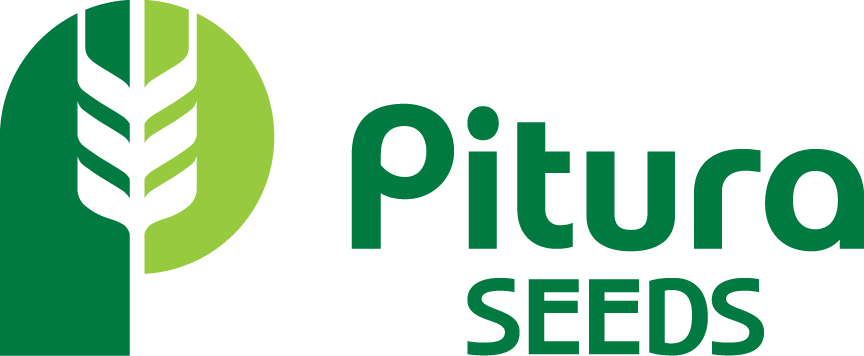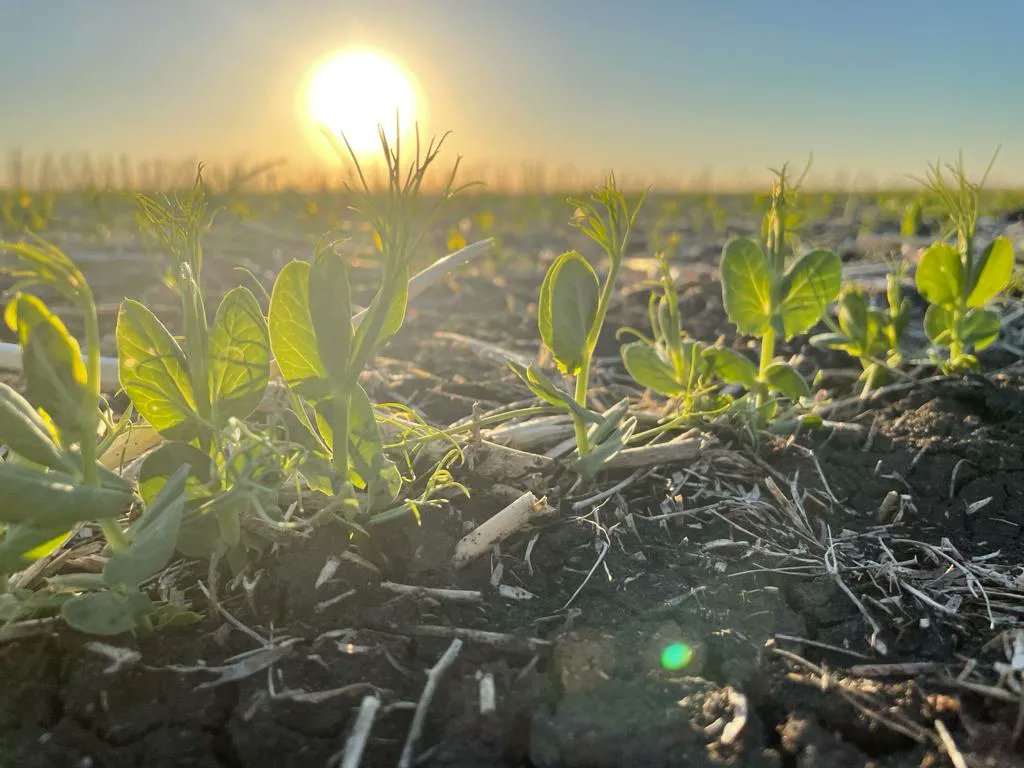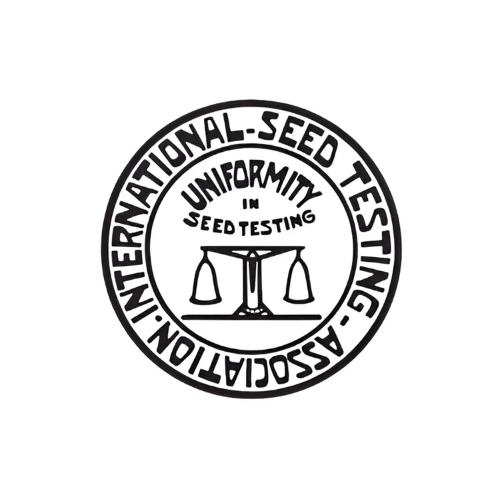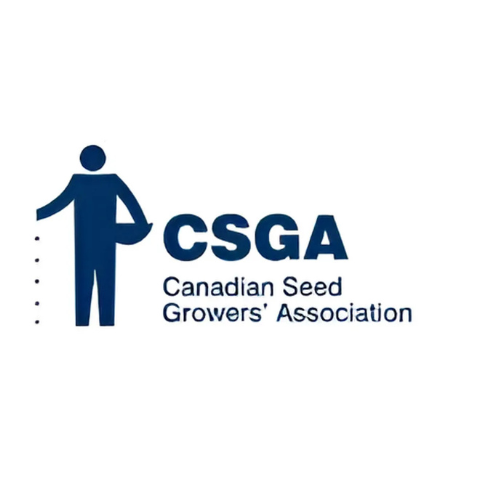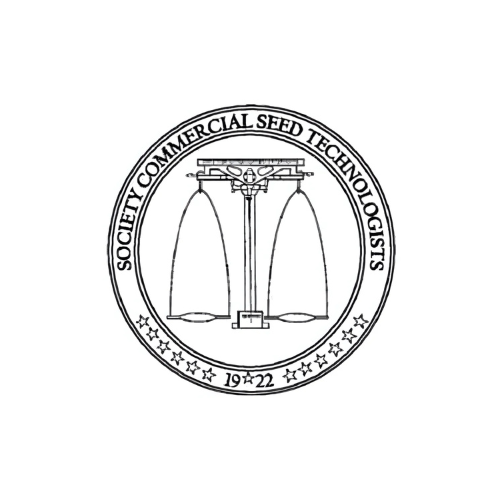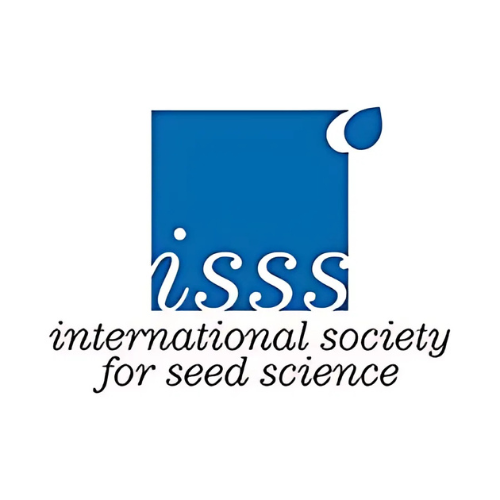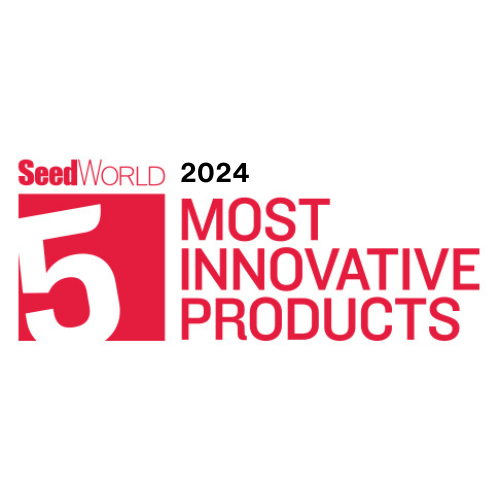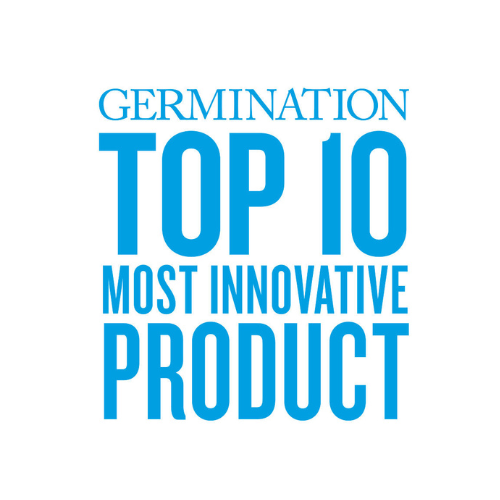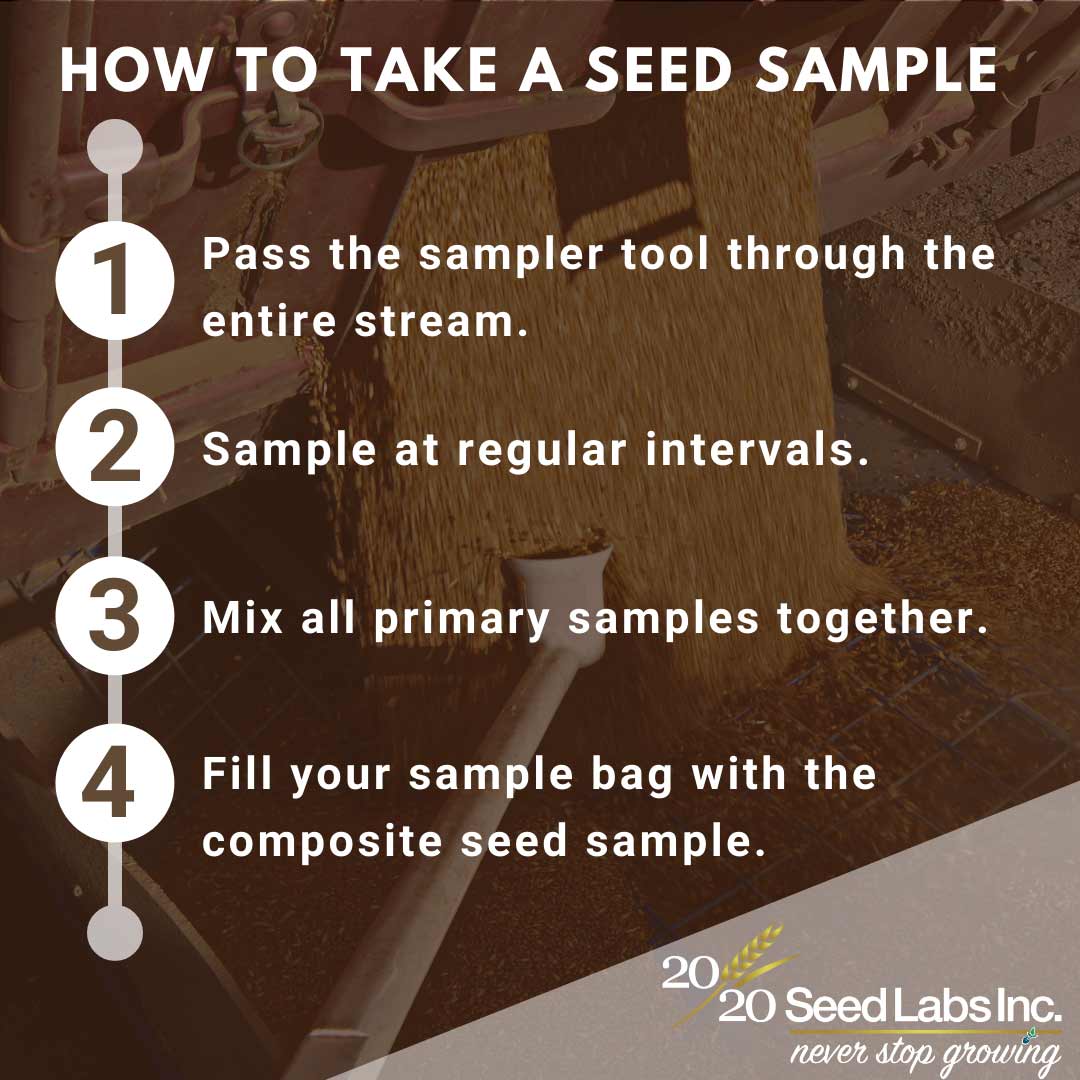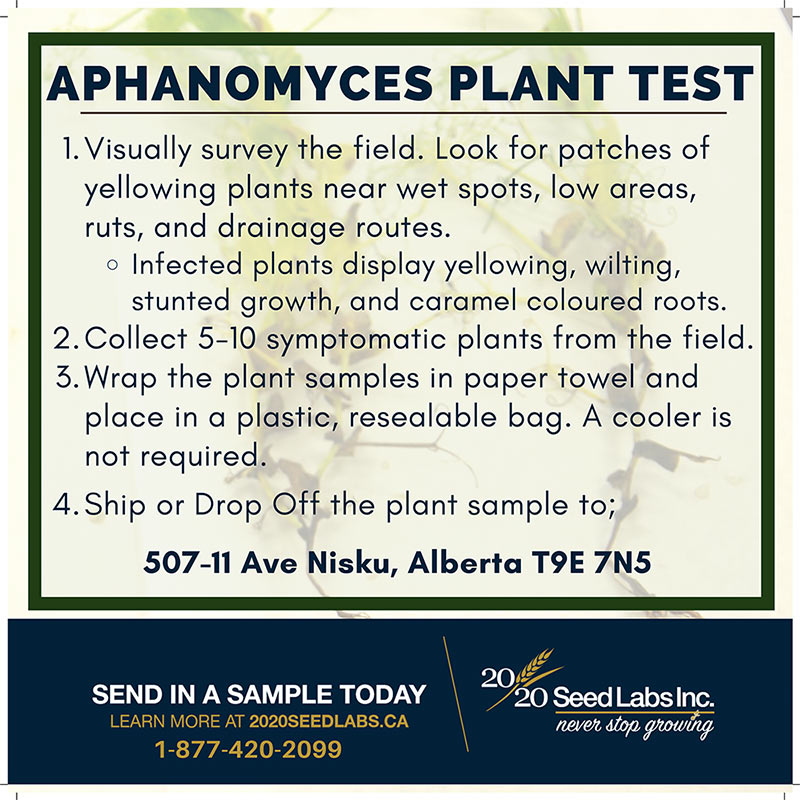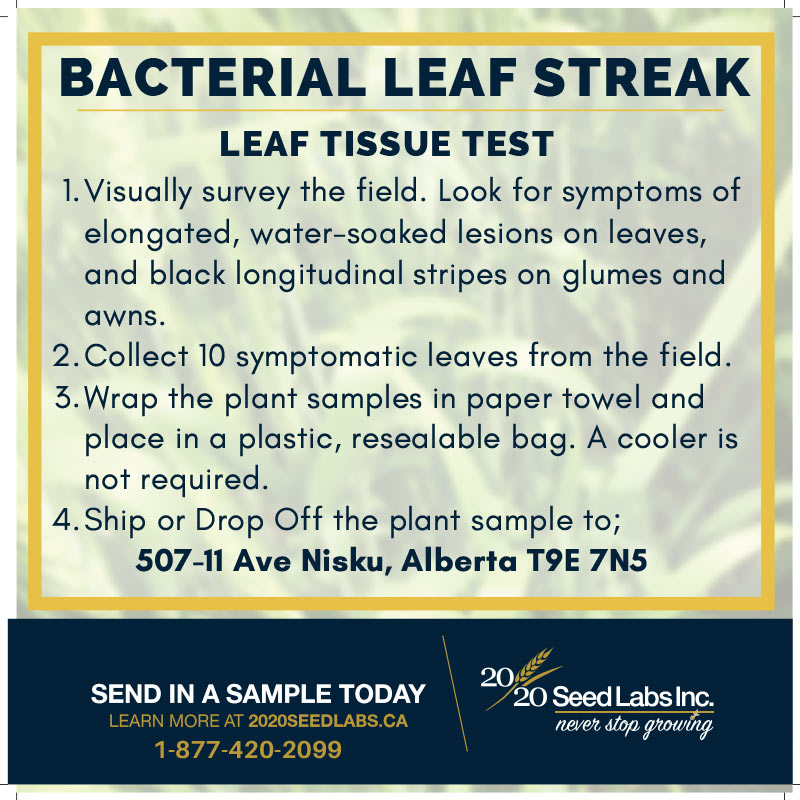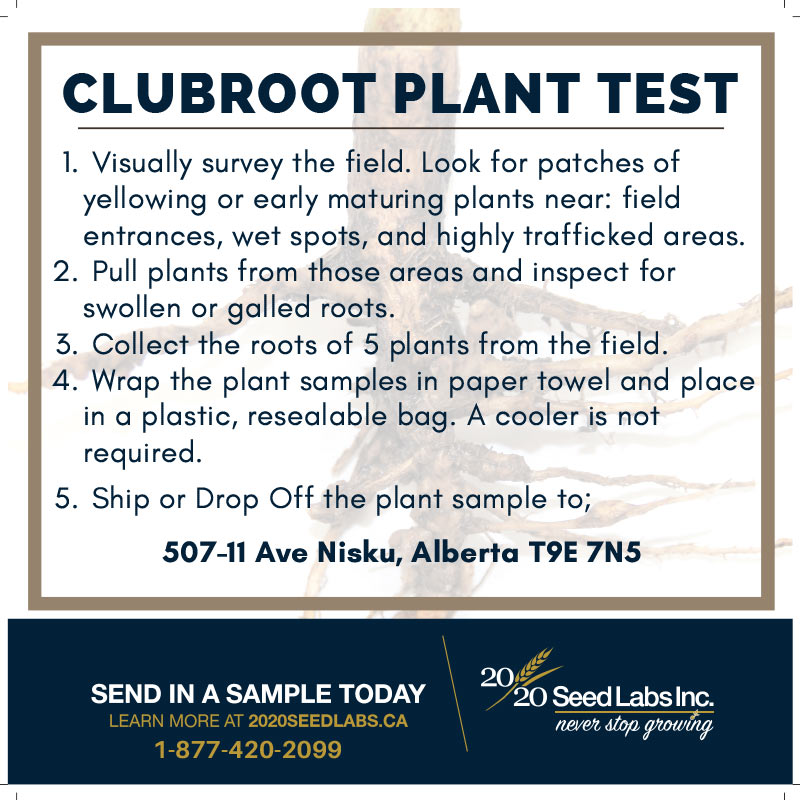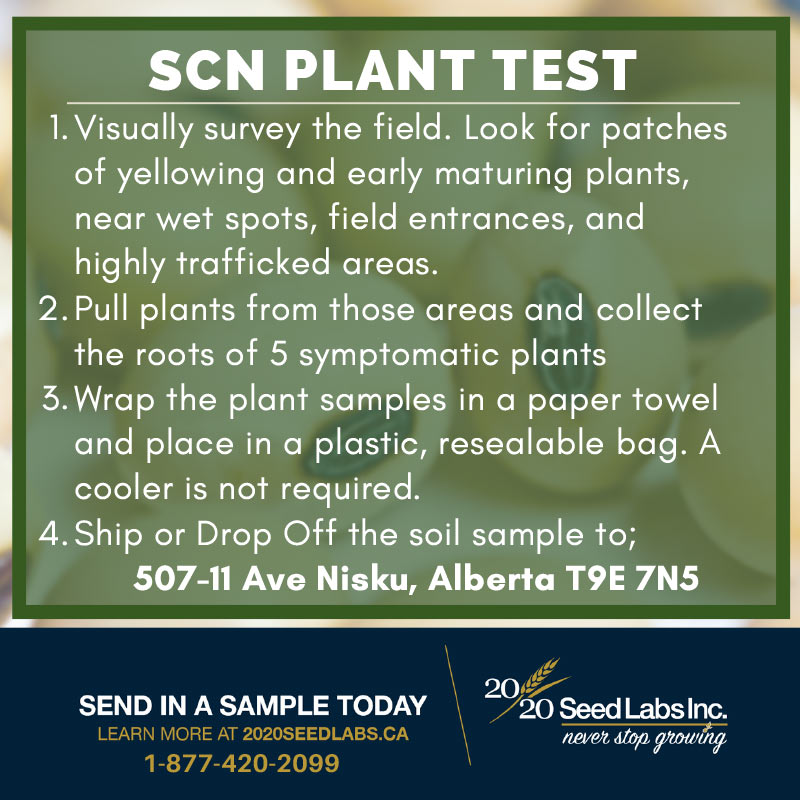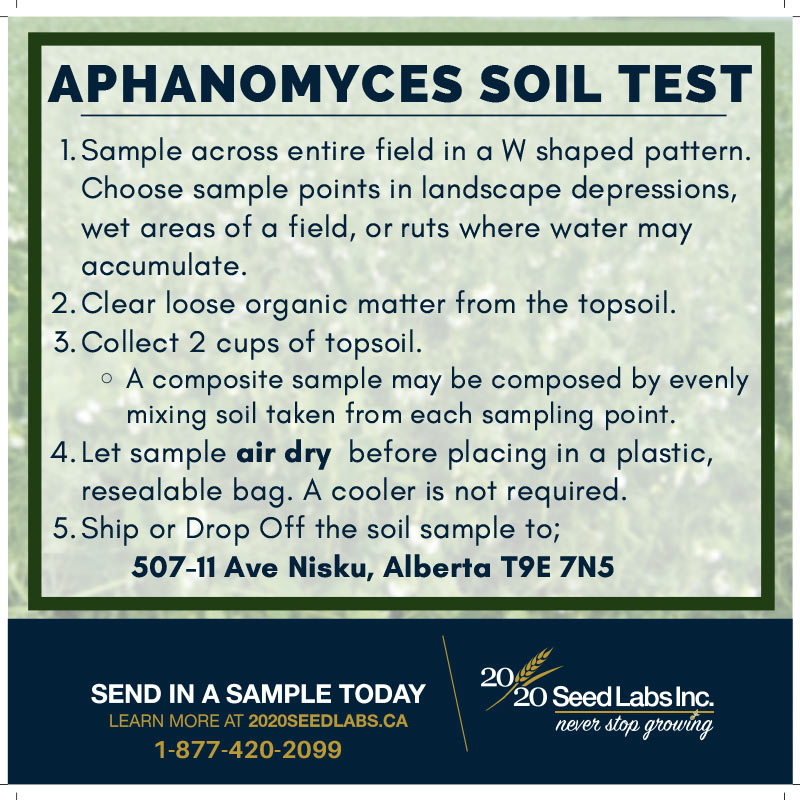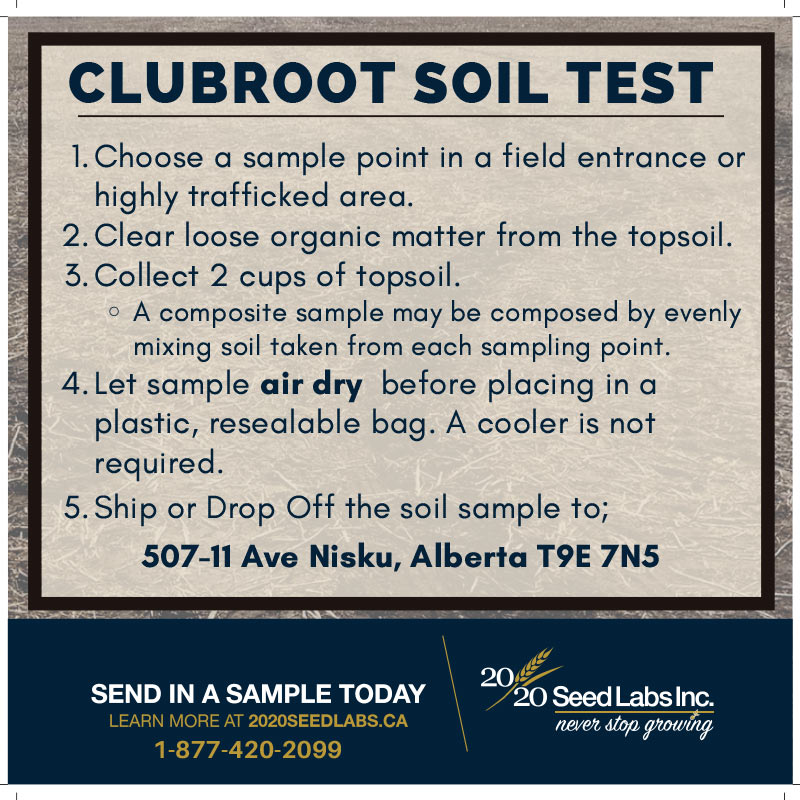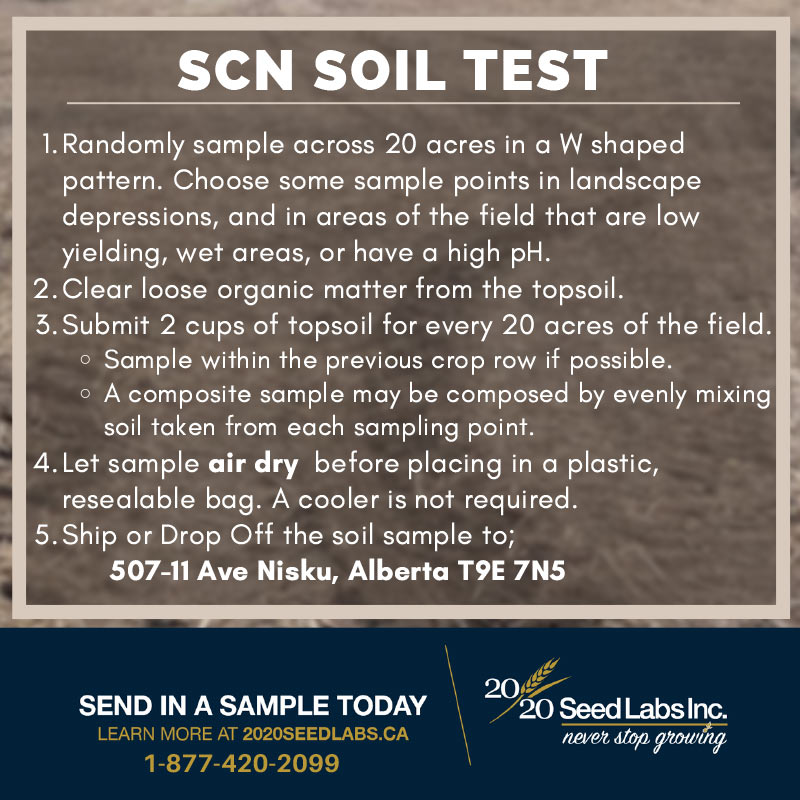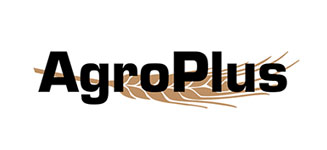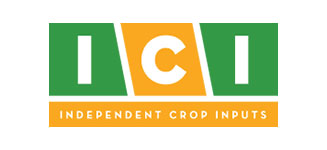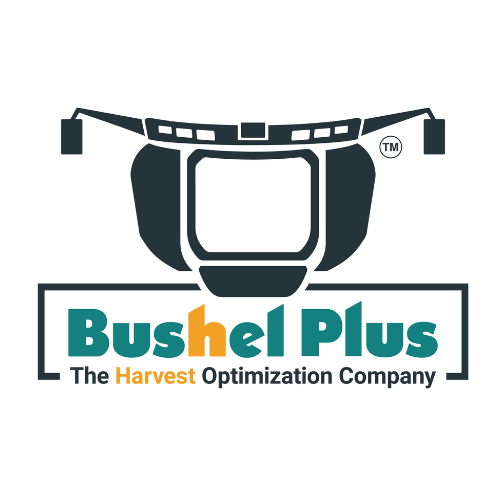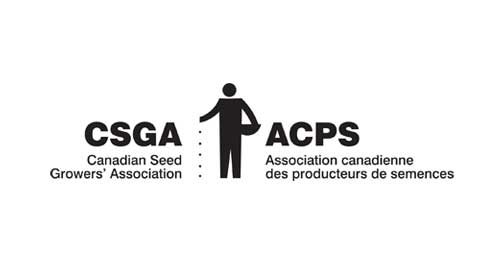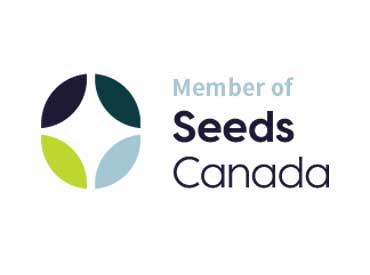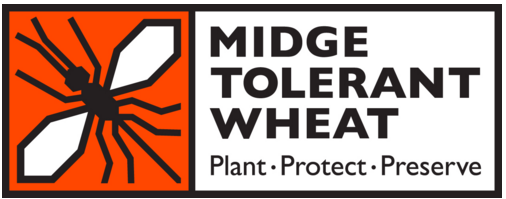Working with experts in their field to help customers succeed
By Shanyn Silinski, Marketing Manager, 20/20 Seed Labs
Pitura Seeds has been working with 20/20 Seed Labs Inc. for around 10 years and has built a strong relationship with them. It is always easy to talk to people at the lab; they are friendly and knowledgeable.
Speaking with Thomas Cuddy, reading the agronomy articles or watching any of their popular YouTube videos shows a deep understanding of the connection between genetics, agronomy, and insights gained from testing. Their key daily motivations are partnership, expertise, family, honesty, and quality.
Pitura Seeds is an expert in its field, and its relationships with its partners include access to proven genetics and tested seed for commercial growers. The value and ROI of certified seed build a solid base for customer success. The work and quality of its seed production are based on its belief in excellence for each crop.
Disease and pest resistance packages are so important in genetics, and they are validated through testing in the lab and in the field. Knowing the strengths and vulnerabilities of seed through testing can help make important decisions on inputs like seed treatment. Having a clear picture of what it needs to be treated for can improve yields and save money. Testing is an investment in understanding the seed lot and is a worthwhile metric that also speaks to overall quality.
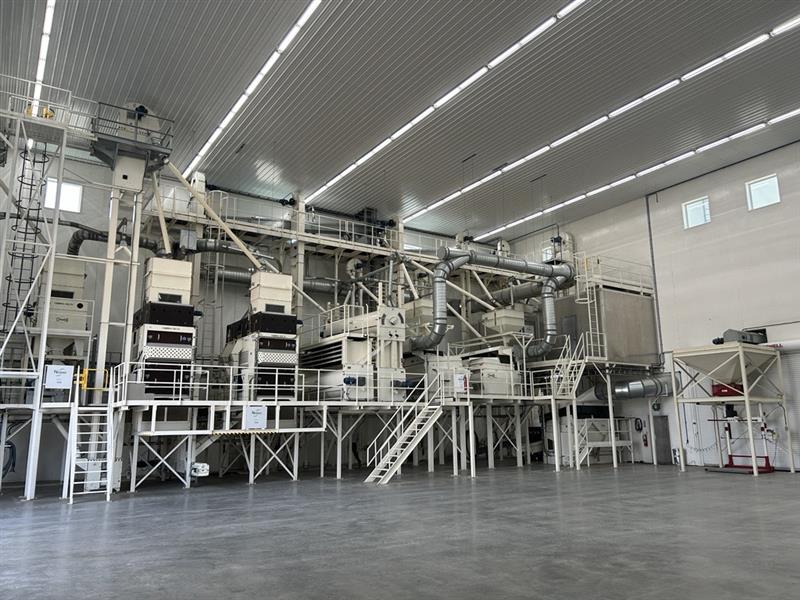
Cleaning equipment in the new plant.
Being assured of a quality product is important to commercial growers and Pitura knows the importance of testing seed lots to highlight their advantages and potential weaknesses so they can be addressed agronomically or strategically using crop inputs.
Certified seed is tested and has quality assurances that are an investment in reaching those important yield targets. Growers who have tested seed will have a clearer idea of their lot’s potential and what inputs might be required to help reach yield or agronomic goals.
Seed growers and breeders are working towards future success with crops and disease packages. Testing gives them a baseline for each lot and a higher degree of confidence in the product when marketing it to their customers.
Seed treating is an important part of crop planning in many parts of the country, and as treatments improve, it may become a bigger part of testing. Growers don’t want to do their own trials to see the benefits of treating; they want to have a clear idea from their seed companies about what to expect. Moving away from the ‘shotgun approach’ of treating everything and hoping for the best, they are looking to third-party trials and testing to inform them about their investment in both seed and treatment.
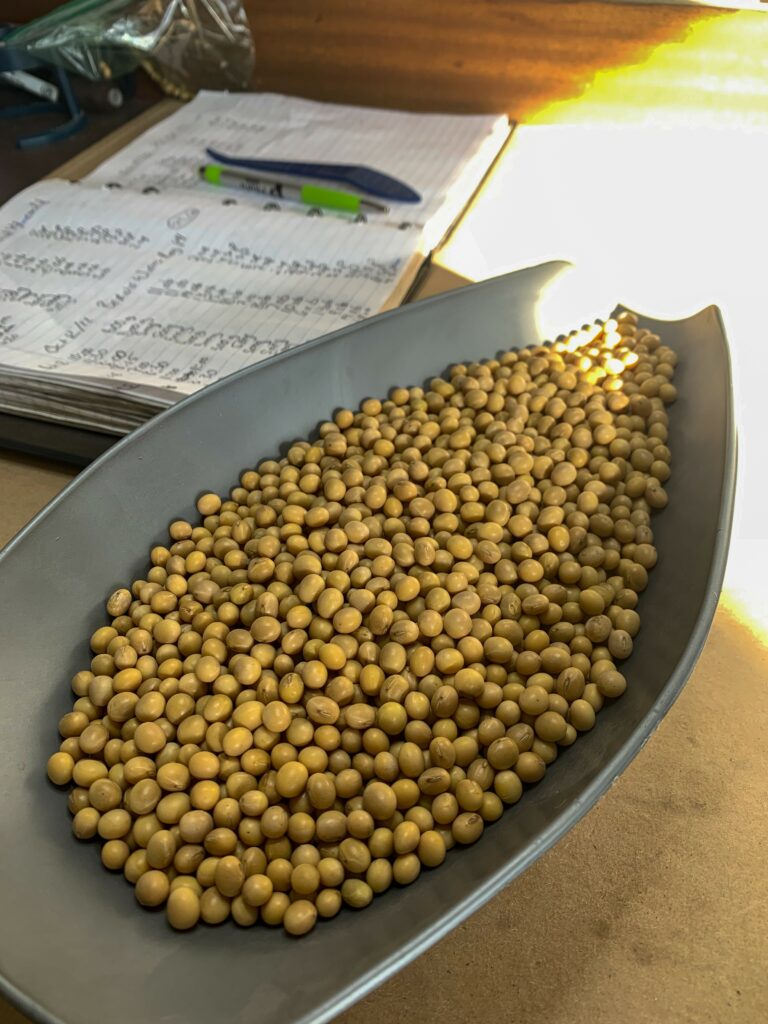
In process sample of soybeans to monior quality through every cleaning run.
Many factors can impact the efficacy of treatment. Testing lets growers feel confident that they are treating for the right threat and that treatment is being applied correctly to be effective.
“Every year is different, and conditions can impact how the crop is established. Being proactive is much more effective and bottom line friendly than being reactive,” explains Thomas Cuddy, Production Agronomist at Pitura Seeds, “and trying to get treatment in-season with rapidly changing conditions, crop stages and spraying windows has its own challenges.”
Cuddy highlights the impacts of spraying fungicide, which can include yield losses due to crop damage from sprayers, ruts, and compaction. Aerial applications have advantages, but they may not be available at the crop’s timing. Preventing an in-crop application can have yield and cost benefits.
He manages seed production acres, knows testing is a good indicator of quality, and can support contract growers who want to continue growing for them. They use testing as a measure of seed quality, and that has a lot to do with genetics and agronomy.
Many variables in crop production can have a big impact. Some have a difficult-to-recover cost, and others are often overlooked investments in not just the crop but also the ongoing relationships with customers.
“A test in the grand scheme of things doesn’t cost a lot and can give such valuable information that can be passed along to our customers.,” concludes Cuddy, “with seed production, trust is a major part of the relationship.”
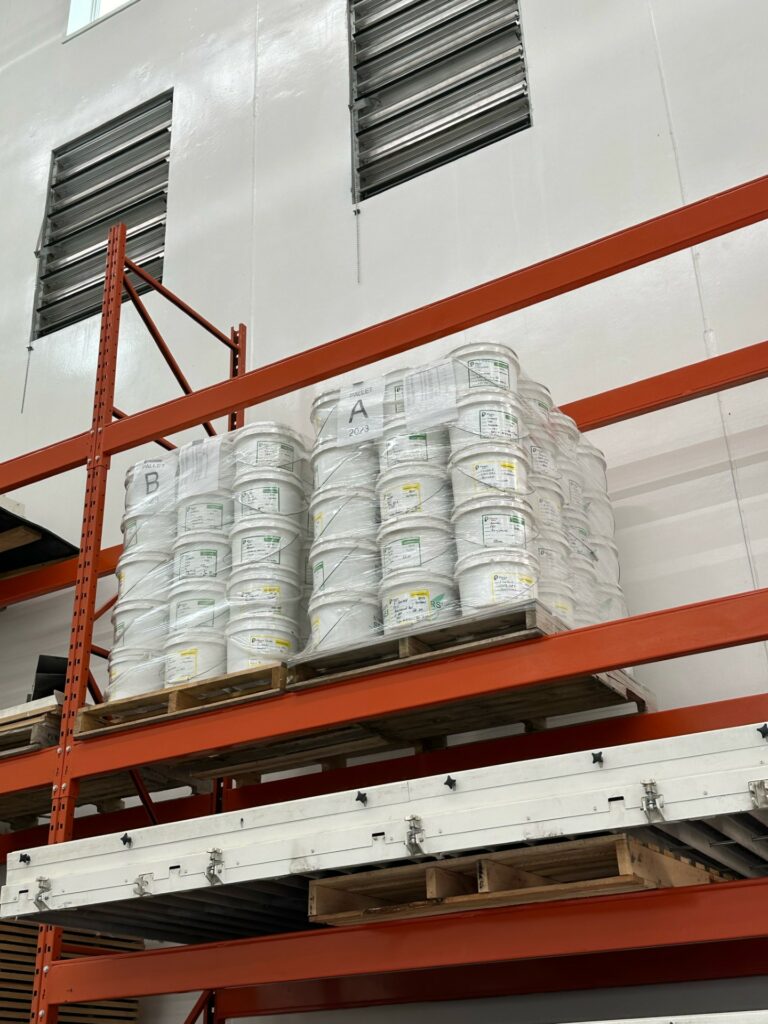
A small portion of the retained samples that are stored for each seed lot.
The trust between seed growers and 20/20 Seeds Labs has been growing as testing expands to meet customers’ needs and has become a source of data and insights that can be used to make decisions all along the value chain, from where the crop will grow best to its end use.
The combination of excellence in agronomy and testing ensures that customers get quality they can trust with their acres and access to insights to help them keep growing.
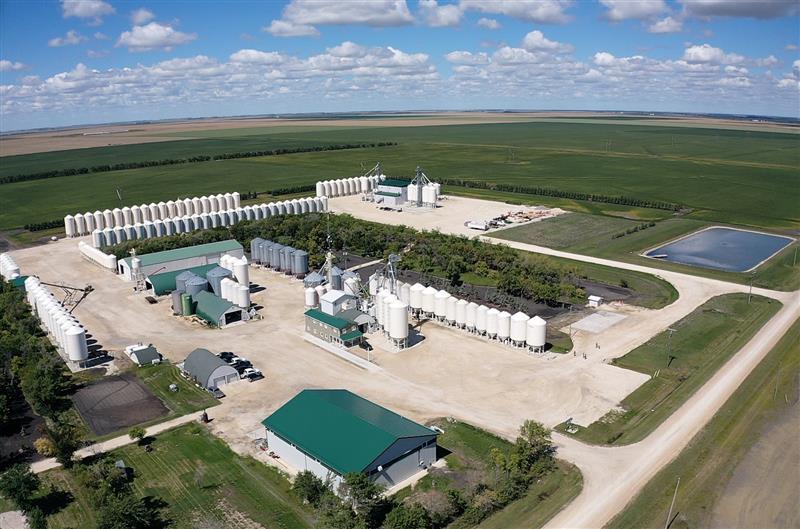
Overhead shot of the Pitura Seeds Yard.
